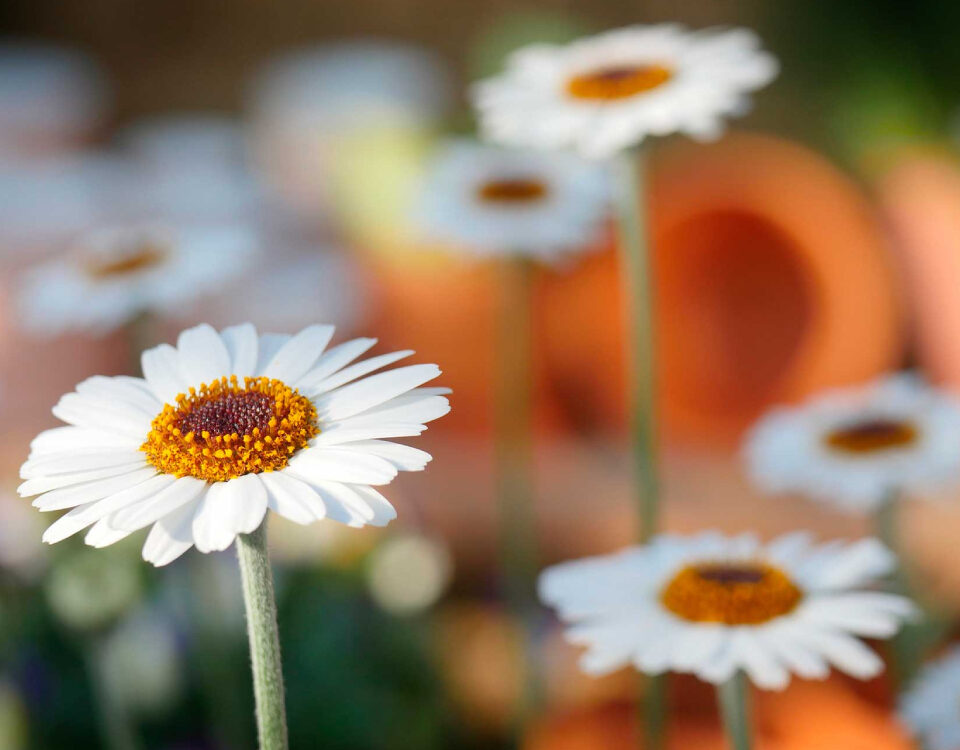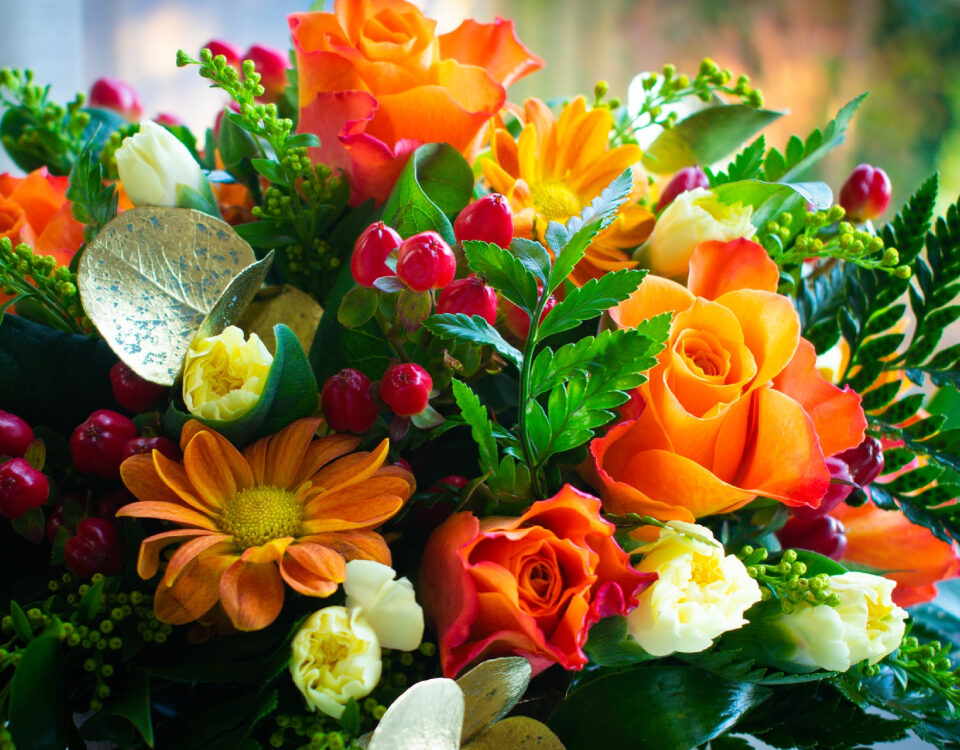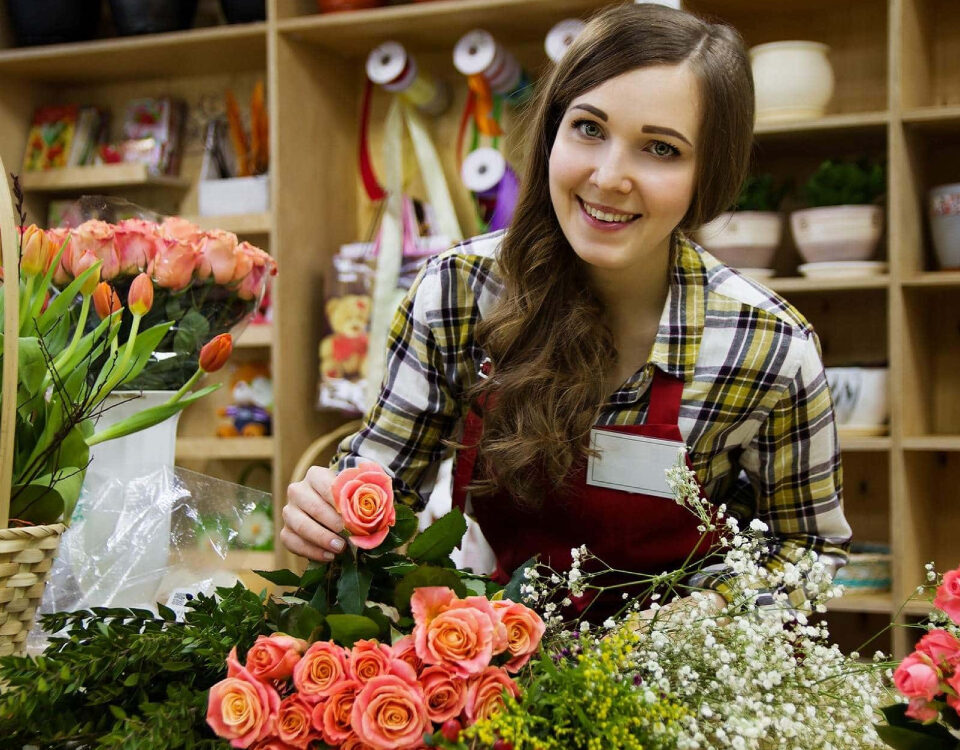
Tools and Tricks needed to arrange flowers at home?
August 13, 2020
Floral Arranging Basics for Beginners
October 17, 2020Positions Available:
The main task of a florist is the cutting, arranging and drying of flowers and flower arrangements for green use, decorative objects and decorative displays. Produced by the Marketing Association, customers are making more home-made decorations, finding modern floral design ideas and DIY tips, which has reduced demand for florists. In contrast, market demand for complicated flower arrangements is expected to decline.
How Does a Floral Career Work?
Slight deviations occur depending on the florist and design. Traditional florists, online florists and event florists work on different days, for example. The order of flowers is prepared by planning the objects for sale to the consumer, as an example of organization.They make proposals based on the budget and preferences of the customers while they create and prepare catalogues. The type of agreement required for the details of the delivery shall be determined in cooperation with the customer.
It’s not a typical 9-to-5 task, and you can expect to be on your feet all the time. The working hours of a florist vary according to the work schedule. Florists work longer during peak season, including weddings and events, New Year, Mother’s Day, Christmas and Valentine’s Day.
Conditions of Work:
As a result, artists can work longer in the week before the holidays. For example, independent retail florists can open during business hours when the florist department of a supermarket or grocery store has been open for a long time. Physical stores are usually open from noon to early evening (6-8 p.m.).
Starting a Career in Floristry:
There are many stages and different types of workers involved in the journey from flower seed to final customer. You probably spend most of your time in business, but depending on your company affiliation and the specifics of your business, 10 to 50 percent of that is spent on events and sales meetings. Cut flowers during the delivery process, if possible, outside the store.
The operating hours for weddings and general events vary widely. It is not uncommon for event florists to work 12-20 hours a day on site to prepare the venue for a major event within a tight time frame. You may also work on Fridays and weekends.
You may be able to negotiate a final price with the florist. If you are a farmer or local grower, you can plant your own flowers.
If you want to run your own business or work in a higher position, you will need to learn a variety of skills over time. Great florists devote their time to marketing, customer service, photography, logistics and finance. This post, on the other hand, is meant to inform the most experienced florist and owner of how to become a florist.
If you are looking for a florist internship, you should consider acquiring additional work experience to help you obtain the necessary skills and knowledge. Those who are already trained and have work experience need the best advice on how to start an internship in a junior role as a florist and gain experience.
Imagine working in a local nursery or in a field such as customer service, graphic design, social media, marketing or accounting, as these jobs can make you a sought-after employee when the opportunity arises. In order to get a foot in the door in floristry, an internship is required. Find yourself at least a one-year internship. These roles offer you hands-on industry experience that will help you develop your florist skills.
Requirements for Skill Set:
As a florist, organisation is very important. Knowledge, creativity and a thorough understanding of flower names and characteristics will help you communicate with customers and create suitable arrangements. Deciding how much to order and where to grow flowers can be challenging.
A basic understanding of the market is required to ensure the profitability of companies. You need to be able to communicate, order, function, work as a team and negotiate with customers. Florists need to be organised, especially when dealing with perishable goods. A lot of bags come into the store organized.




